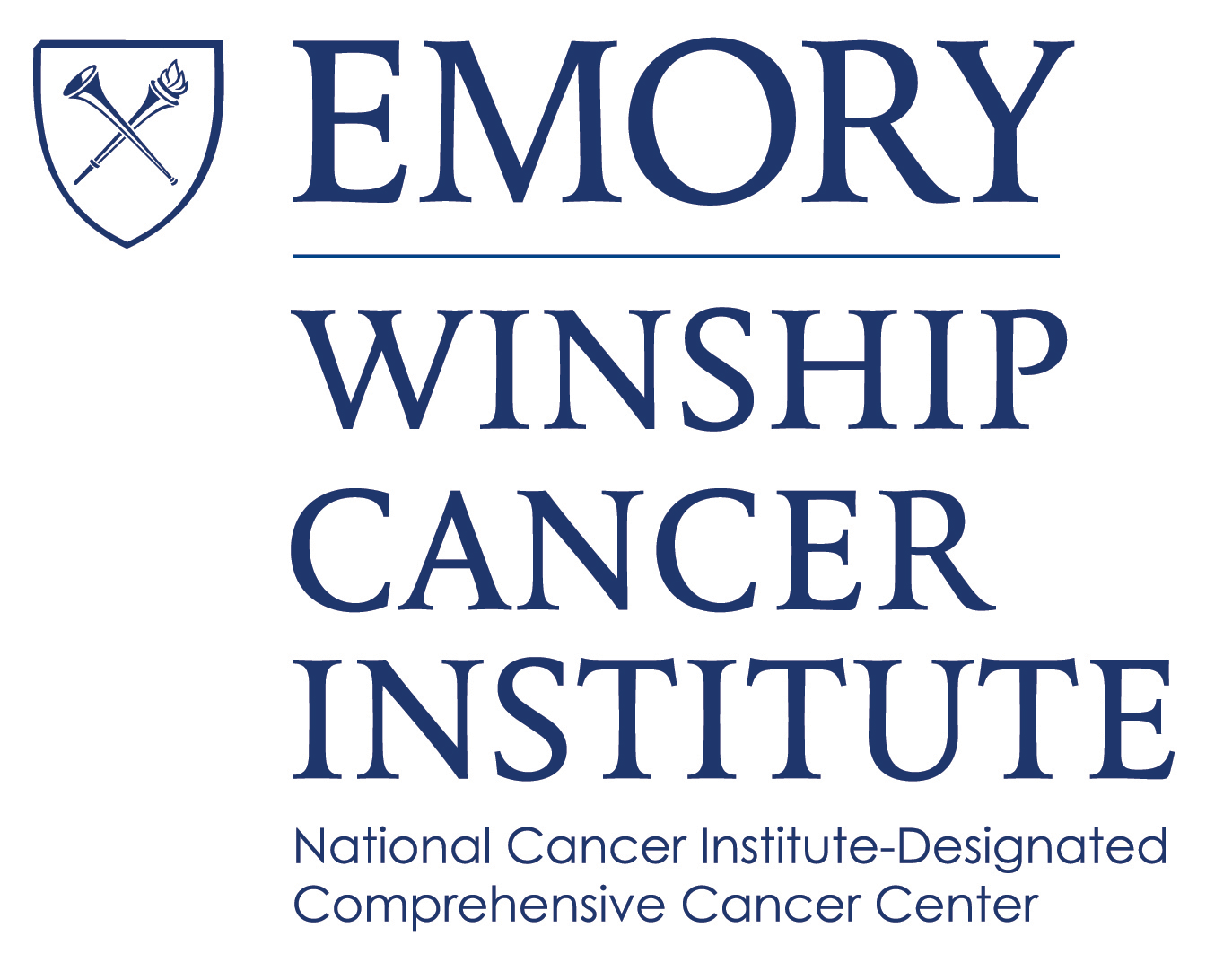- Advertise
- About OncLive
- Editorial Board
- MJH Life Sciences brands
- Contact Us
- Privacy
- Terms & Conditions
- Do Not Sell My Information
2 Clarke Drive
Suite 100
Cranbury, NJ 08512
© 2025 MJH Life Sciences™ and OncLive - Clinical Oncology News, Cancer Expert Insights. All rights reserved.
Winship Cancer Institute of Emory University | Strategic Alliance Partners
Latest from Winship Cancer Institute of Emory University
Influx of Novel Agents in AML Leads to Role for Up-front Molecular Testing
December 24, 2019
Article
William G. Blum, MD, discusses the introduction of novel agents into acute myeloid leukemia treatment and how this is impacting the role of molecular testing for patients.
Understanding of MRD and CAR T-Cell Therapy in ALL Continues to Evolve
December 23, 2019
Article
Minimal residual disease has become an important investigational prognostic marker and risk stratification tool in acute lymphoblastic leukemia.
Daratumumab-Based 4-Drug Induction Regimens Improve Outcomes in Myeloma
December 23, 2019
Article
Ajay K. Nooka, MD, MPH, FACP, discusses the shift in induction regimens in multiple myeloma and the impact of daratumumab (Darzalex) on the space.
Thriving Therapeutics Transform Relapsed/Refractory Myeloma Paradigm
December 05, 2019
Article
Sagar Lonial, MD, FACP, discusses important additions to the treatment arsenal in relapsed/refractory multiple myeloma.
Chemoimmunotherapy Role in CLL Shifting With Rise of Novel Agents
December 04, 2019
Article
Jonathon B. Cohen, MD, MS, discusses the integration of novel agents into clinical practice and the changing role of chemoimmunotherapy in chronic lymphocytic leukemia.
Dr. Cohen on the ELEVATE-TN Trial in CLL
December 03, 2019
Video
Jonathon B. Cohen, MD, MS, associate professor, Department of Hematology and Medical Oncology, Emory University School of Medicine, co-director, Lymphoma Program, and medical director, Infusion Services, Winship Cancer Institute of Emory University, discusses the design of the phase III ELEVATE-TN trial in chronic lymphocytic leukemia (CLL).
Dr. Cohen on Fixed-Duration Therapy in CLL
November 21, 2019
Video
Jonathon B. Cohen, MD, MS, discusses fixed-duration therapy in chronic lymphocytic leukemia.
Dr. Lonial on Treatments in Heavily Pretreated Multiple Myeloma
November 16, 2019
Video
Sagar Lonial, MD, FACP, discusses treatments for patients with heavily pretreated multiple myeloma.
Dr. Cohen on the Use of Chemoimmunotherapy in CLL
November 16, 2019
Video
Jonathon B. Cohen, MD, MS, discusses the role of chemoimmunotherapy in chronic lymphocytic leukemia.
Dr. Nooka on Treatment Options for Transplant-Eligible and -Ineligible Multiple Myeloma
November 14, 2019
Video
Ajay K. Nooka, MD, MPH, FACP, discusses current options for transplant-eligible and -ineligible patients with multiple myeloma.
Dr. Gogineni on Implications of the APT Trial in HER2+ Breast Cancer
November 12, 2019
Video
Keerthi Gogineni, MD, MSHP, discusses the clinical implications of the phase II APT trial in HER2-positive breast cancer.
Dr. Lonial on Treating Early Relapse in Multiple Myeloma
November 12, 2019
Video
Sagar Lonial, MD, FACP, discusses the management of patients with relapsed multiple myeloma.
Dr. Saba on Immunotherapy/Radiation Combo in Head and Neck Cancer
October 31, 2019
Video
Nabil F. Saba, MD, FACP, discusses the potential benefit of immunotherapy in combination with radiation in head and neck cancer.
Dr. Saba on Anticipated Research in Head and Neck Cancer
October 31, 2019
Video
Nabil F. Saba, MD, FACP, director, Head and Neck Medical Oncology Program, Winship Cancer Institute of Emory University, and professor, Department of Hematology and Medical Oncology, Department of Otolaryngology, Emory University School of Medicine, discusses anticipated research in head and neck cancer.
Talking Tumors: Adaptive Approaches in Triple-Negative and HR-Positive Breast Cancers
October 16, 2019
Podcast
In keeping up with the expanding breast cancer treatment armamentarium, we sat down with Jane L. Meisel, MD, and Aditya Bardia, MD, MPH, who shed light on emerging treatment strategies for patients with metastatic triple-negative breast cancer and discussed the optimal timing of genomic testing in women with progressive hormone receptor–positive disease.
Dr. Bhave on Promising Anti-HER2 Agents in HER2+ Breast Cancer
October 16, 2019
Video
Manali Bhave, MD, an assistant professor in the Department of Hematology and Medical Oncology at Winship Cancer Institute, Emory University School of Medicine, discusses promising anti-HER2 agents in metastatic HER2-positive breast cancer.
Dr. Saba Discusses Ongoing Research in Head and Neck Cancer
October 11, 2019
Video
Nabil F. Saba, MD, FACP, director, Head and Neck Medical Oncology Program, Winship Cancer Institute of Emory University, professor, Department of Hematology and Medical Oncology, Department of Otolaryngology, Emory University School of Medicine, discusses ongoing research in head and neck cancer.
Dr. Ramalingam on the Activity of Osimertinib Combinations in NSCLC
September 06, 2019
Video
Suresh S. Ramalingam, MD, deputy director, Winship Cancer Institute of Emory University, discusses the activity of osimertinib (Tagrisso) in combination with other agents in EGFR-mutant non–small cell lung cancer (NSCLC).
Osimertinib Spearheads Progress in EGFR-Mutant NSCLC
August 20, 2019
Article
Suresh A. Ramalingam, MD, discusses recent updates in EGFR-mutant non–small cell lung cancer and the next steps for osimertinib and other agents in this patient population.
Dr. Saba on Investigational Deintensification Approaches in HPV-Related HNSCC
August 15, 2019
Video
Nabil F. Saba, MD, FACP, director, Head and Neck Medical Oncology Program, Winship Cancer Institute of Emory University, professor, Department of Hematology and Medical Oncology, Department of Otolaryngology, Emory University School of Medicine, discusses investigational deintensification approaches in HPV-related oropharyngeal squamous cell carcinoma.


